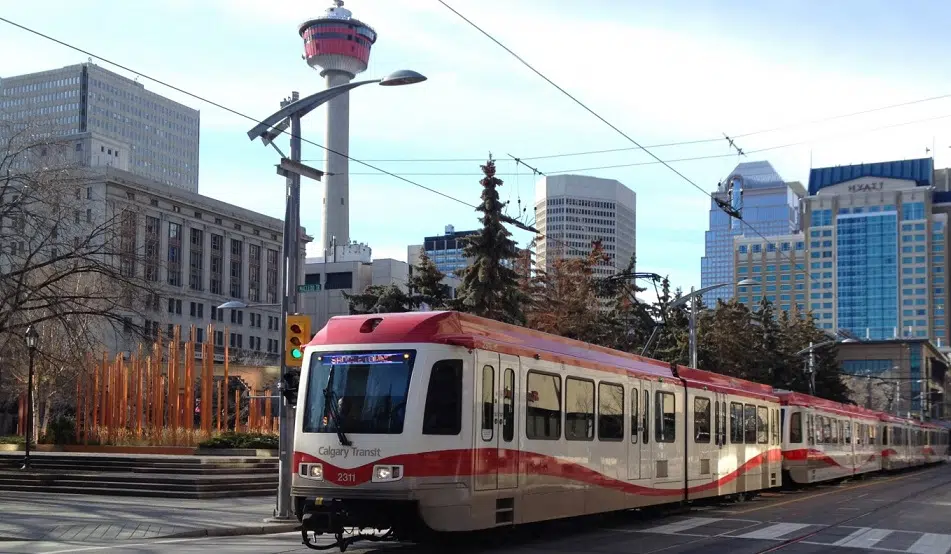On the road to Agra, travelling to see the Taj Mahal, we found ourselves passing a seemingly endless convoy of trucks. Well, not so much a convoy as a convention, since the trucks were stationary. Miles and miles of motionless juggernauts, their drivers smoking biddies or drinking chai on the roadside. I turned to my colleagues and said, facetiously, ‘Sustainable transport.’
We had intended to see one of the Great Wonders of the World that day, but had stumbled across another. Our driver explained that the trucks were queuing to pay a toll levied by the Delhi government. The queue can last up to four days, though some drivers expedite the process with palm grease.
In temperate climates, food left in a truck for a day may suffer some spoilage. In India in May, with outside temperatures pushing 40˚C, the consequences of four days in an unrefrigerated truck are devastating. Yet, amazingly, Delhi’s inefficiently administered tolls are not unusual. In much of Asia, Africa and Latin America, such barriers are commonplace.
When the Economist’s Robert Guest hitched a ride on a truck transporting Guinness through Cameroon, a day trip turned into a four-day marathon, in part because of ‘swampy roads and a collapsed bridge’, but mainly because of ‘police road blocks, of which we met 47’. Such road blocks are a symptom of the lack of the rule of law: police officers are not held to account for applying ‘laws’ that for the most part they make up on the spot. In Britain, they could be prosecuted for trespass or false arrest; not in Cameroon.
Globally, nearly 50 per cent of food spoils before it reaches consumers. The blame rests mainly with governments, whose culpability comprises not only absurd internal levies, a failure to apply the rule of law, and incompetence in providing transport infrastructure, but also taxes and other barriers imposed on the use of technologies such as packaging and refrigeration that might have helped preserve food.
These barriers to distribution are just one of the ways parasitical politicians have caused the current global food crisis. Through legislation on land ownership, regulations on business and control over the justice system, governments actively undermine agricultural improvements — and rural development more generally. The tragedies that recently engulfed southern China and Burma were both magnified enormously by such politically induced poverty.
While Delhi has been booming on the back of India’s high-tech revolution, we saw villages near Agra that appear to have changed little since the great memorial to Shah Jahan’s wife Mumtaz was completed in 1653. Little mud huts sprouted from fields, interspersed with fires fuelled by dung collected by young girls from deposits made by emaciated sacred cows. An occasional scooter traversing the muddy collection of potholes that passes for a road was the only sign of modernity.
Yet India has been less adversely affected by the global food ‘crisis’ than many other poor countries. In large part, this is because of the ‘green revolution’, which dramatically increased agricultural yields, turning the country from a net importer of food to a net exporter.
Green revolution technologies were developed to overcome natural constraints on productivity. Wild plants tend to have long stalks, which confer genetic advantage by ensuring that seeds are scattered far and wide. In domestic crops, however, a long stalk represents a waste of resources. So dwarf crop varieties were developed that produce more of the nutritious seed and less stalk.
Other constraints include inadequate soil nutrition, caused by overuse or erosion; predation by viruses, bacteria, insects and rodents; and competition from other plantlife, namely weeds. Unchecked, these can cause crop losses of 50 per cent or more. But with modern synthetic fertilisers and sophisticated delivery systems, farmers can optimise nutrient levels. With chemical herbicides, farmers can destroy weeds without tilling the land, thereby increasing yields and reducing erosion. Meanwhile, insecticides, rodenticides and bio-engineered crops can dramatically reduce predation. Combined with better irrigation and other advances, these technologies have resulted in a doubling of global crop production in the past 50 years, even though agricultural land use has risen by only a tenth.
But these gains have not, for the most part, reached sub-Saharan Africa, whose political elite has little interest in promoting progress. In much of Africa, weak property rights and an absence of the rule of law undermine the capacity of smallholders to invest in improvements to their land. Meanwhile, various taxes and tariffs mean the average price of fertiliser is six times the world price.
These production constraints are compounded by barriers to the sale of goods. Many African governments still operate marketing boards, which force farmers to sell at below market prices. They also impose average tariffs of 30 per cent on imports of agricultural goods from other African countries, driving up prices of food produced in Africa and discouraging production. Subsidies to Western agriculture have exacerbated this problem by driving down the price of commodities produced outside Africa.
Similar interventions have prevented economic development more generally. As a result, even at the best of times, most Africans consume barely enough food to keep them in good health. Millions consume too little — contributing to widespread disease and early death. And this year, several external factors have combined to make the situation far worse.
A major factor has been increased demand for energy and food — driven by the rising wealth of the majority of people around the world and especially those in rapidly growing countries such as China, India, Brazil and Vietnam. As Angela Merkel put it recently, many Indians now have two meals a day — how dare they?!
Increased demand, combined with limited supply, has resulted in a rise in relative prices: oil and food now cost considerably more than they did a year ago. In a free market, entrepreneurs respond to such price rises by investing in the production of more of the scarce goods or close substitutes. Demand for computers and cars has increased dramatically in the past two decades, but they have not become more scarce or expensive — rather the opposite: better models have been developed and supply increased, so that demand is met at lower prices. But neither oil nor food exist in a free market.
Most of the world’s oil is owned and extracted by governments, not by private individuals or companies. So investments in the development of that oil do not follow normal market rules. In Iran, home to the world’s second largest oil reserves, inefficient production technologies mean that oil output, rather than rising in response to increasing demand, has been falling by about 10 per cent a year. Venezuela, Mexico and Russia face similar problems. Even Saudi Arabia is producing at well below its potential. The result: further price rises.
High oil prices have incentivised the production of substitutes — especially biofuel. On its own, this market response would not have had a significant impact on the production of food crops. But governments, responding to lobbying by vested interests and environmental groups, are now subsidising biofuel production — both directly and by mandating the use of ethanol in fuel.
The rising price of oil has also increased costs of agricultural production. Add in drought and diseases and you have a perfect storm in which food production has fallen temporarily even as demand has risen — driving up prices dramatically. Many basic commodities have doubled in price in the past year. Many millions of people are struggling to feed themselves and their families — especially those in urban slums.
Some governments have responded by imposing price controls and export restrictions, including bans. These policies may temporarily reduce the prices that local consumers pay for food, but they also reduce the profits from food production, incentivise farmers to switch to more lucrative products and drive up food prices globally. Export bans also directly raise the price importers pay for food. If continued, these policies could make next season’s food crisis even worse.
Others argue for subsidising inputs such as seed and fertiliser. For three years, Malawi has been experimenting with subsidies, part funded by the UK Department for International Development. But such policies have been widely employed in the past half-century, so we know what happens. In the short term, output increases — as it has in Malawi. But by distorting prices, the incentives to use the most cost-effective inputs are reduced, so efficiency suffers. In the long term, output suffers too because subsidies tend to go to vested interests, so farmers fail to adopt newer, better technologies. Crop yields in India, which continues to subsidise inputs, remain 30 to 50 per cent below those in the USA.
Instead of banning exports or providing subsidies, governments should be removing barriers to production and distribution, and letting the market respond effectively to changes in supply and demand. That is the best way to ensure that people are able to feed themselves, now and in the future.
Julian Morris, Executive Director – Julian Morris founded International Policy Network in 2001. He was previously the Director of the IEA’s Environment and Technology Programme. He has two Masters Degrees in economics and a Graduate Diploma in Law from the University of Westminster. He is also a Visiting Professor at the University of Buckingham.


